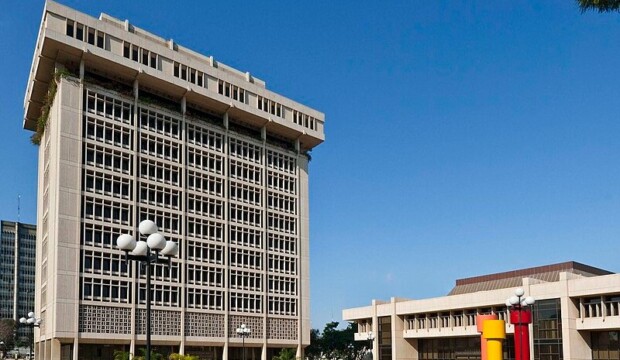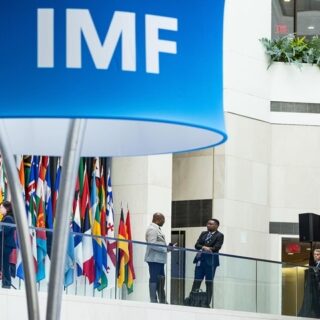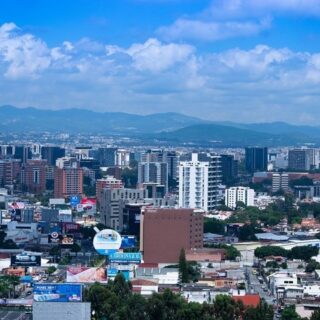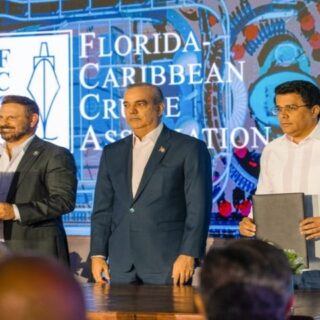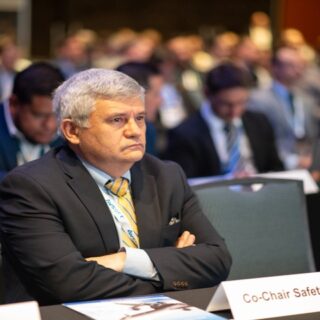The IMF says that The Dominican Republic’s (DR) economic performance over the past two decades, characterized by strong policy frameworks and institutional stability, has enabled it to achieve one of the fastest rates of income convergence in Latin America. While heightened global uncertainty and tighter financing conditions have impacted economic activity in the first half of 2025, the country’s economic fundamentals and recent policy measures provide a positive outlook for the near term.
A strong growth rebound in 2024, driven by external demand and ample liquidity, saw real GDP expand by 5%. The Central Bank of the Dominican Republic (BCRD) has successfully maintained inflation within its target range since late 2023, averaging 3.6% year-over-year in 2025. The current account deficit narrowed to 3.3% of GDP in 2024, fully financed by foreign direct investment.
The IMF projects real GDP growth to slow to approximately 3% in 2025 due to a downturn in tourism and a weak agricultural sector. However, liquidity measures implemented by the BCRD in June and fiscal stimulus from a reformulated budget are expected to support a pickup in activity in the second half of the year. Beyond 2025, growth is anticipated to return to its potential, supported by investment.
The International Monetary Fund (IMF) highlighted several policy priorities for the country to maintain its economic trajectory:
- Fiscal Policy: The government should focus on boosting public investment while maintaining primary spending within the limits of the Fiscal Responsibility Law (FRL). The gradual reduction of untargeted subsidies, particularly in the electricity sector, is considered essential to safeguard capital and social spending.
- Monetary and Exchange Rate Policy: The IMF supports the BCRD’s monetary policy stance and its continued efforts to increase the flexibility of the peso. The exchange rate is viewed as a vital shock absorber, and interventions should be limited to smoothing out significant fluctuations.
- Structural Reforms: To support long-term growth and achieve the country’s Meta2036 objectives, which aim to double the national GDP by 2036, the IMF recommended reforms to bolster human capital, competitiveness, and resilience to natural disasters. This includes resuming the full implementation of the Electricity Pact to limit fiscal risks and ensure the sector’s financial sustainability.
During its visit, the IMF mission met with Central Bank Governor Héctor Valdez Albizu, Minister of Finance Magín Diaz, and other officials, along with representatives from civil society and the private sector. The dialogue focused on the country’s economic performance and the strategic implementation of policy frameworks to boost private investment, inclusive growth, and job creation.
Tower and Auditorium of the Central Bank of the Dominican Republic, in Santo Domingo. Photo credit: Rafael Calventi/Wikipedia.

